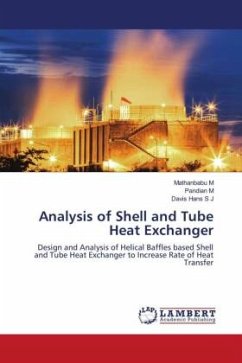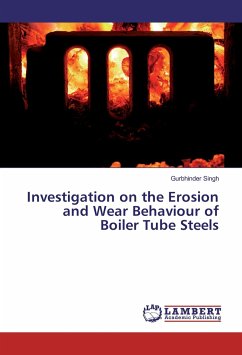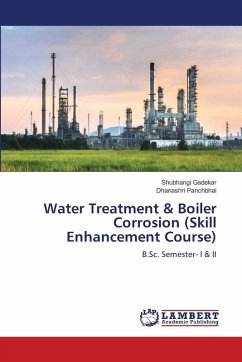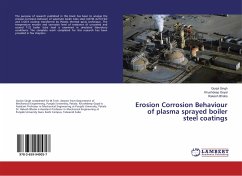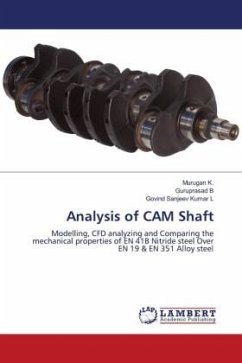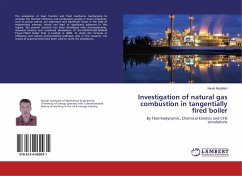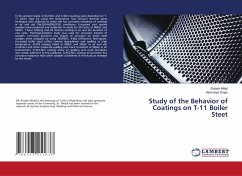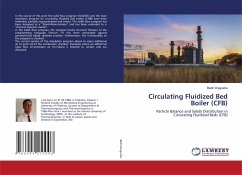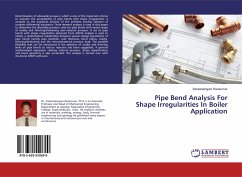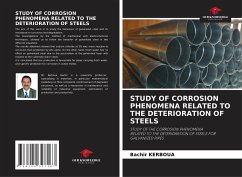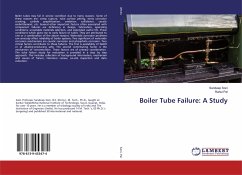
Boiler Tube Failure: A Study
Versandkostenfrei!
Versandfertig in 6-10 Tagen
36,99 €
inkl. MwSt.

PAYBACK Punkte
18 °P sammeln!
Boiler tubes may fail in service condition due to many reasons. Some of these reasons are: creep rupture, tube surface pitting, stress corrosion cracking, carbide graphitization, oxidation, sulfidation, caustic embrittlement, etc. Several other important factors often associated with component failures are deficiency in design, fabrication, operating conditions, unsuitable materials selection, and expended useful life. These conditions which gives rise to early failure of tubes. They are attributed to one or a combination of the above reasons. Waterside corrosion problems can seriously affect ...
Boiler tubes may fail in service condition due to many reasons. Some of these reasons are: creep rupture, tube surface pitting, stress corrosion cracking, carbide graphitization, oxidation, sulfidation, caustic embrittlement, etc. Several other important factors often associated with component failures are deficiency in design, fabrication, operating conditions, unsuitable materials selection, and expended useful life. These conditions which gives rise to early failure of tubes. They are attributed to one or a combination of the above reasons. Waterside corrosion problems can seriously affect reliability of boiler systems. Two significant of waterside corrosion mechanisms are caustic corrosion and phosphate corrosion. Two critical factors contribute to these failures. The first is availability of NaOH or of alkaline-producing salts. The second contributing factor is the mechanism of concentration. These factors are of primary consideration. The tube failure study for evaluation is provided in a step by step approach. This includes collection of background information, mechanism and causes of failure, literature review, on-site inspection and data collection.



